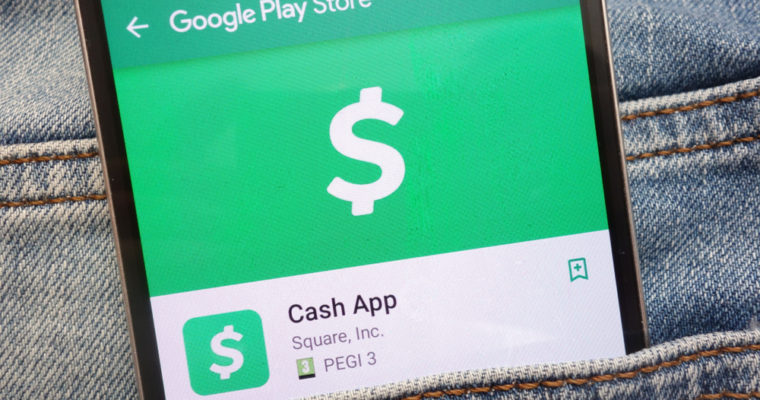The bitcoin-to-dollar exchange rate has dipped close to 1 percent on Thursday, now trading at 6470-fiat.
The outcome of the US midterm elections with Democrats sweeping a sharp win in the House had certainly shaken the US dollar yesterday. The greenback nevertheless sustained its overall bullish momentum ahead of the Federal Reserve policy meeting today. It looks to hold on to its crucial supports owing to optimistic wage, price, and labor market data. Bitcoin, at the same time, could find it difficult to push through its critical resistance areas if the dollar remains strong.
The BTC/USD trading pair is already hinting at bearish correction action upon pulling back from the 100-period simple moving average (SMA). Let’s have a look at the following daily chart to understand it further.

The bold curve depicted in sky blue represents the 100-period SMA. BTC/USD has tested it as resistance on three separate occasions recently. The current pullback action also visibly originates upon testing the blue curve on daily charts. A medium-term descending trendline is also capping the upside action; therefore, intensifying the selling sentiment that is already there.
The RSI momentum indicator, in the meantime, has undergone a breakout action after invalidating the upper trendline of the descending triangle formation. This uptrend is more visible on the lower timeframe charts, so let’s have a look at the 4H one instead.

We are forming a rising wedge pattern which typically results in a large downside correction from the top. That said, we are now retesting the top line resistance of the wedge, which could yield some decent long opportunities. In the RSI indicator, we can already see a double top formation that attests a near-term run towards the upside resistances (plural, because the descending trendline is also acting as a wall between the pair and its extended long action).
BTC/USD Intraday Analysis
We are pretty much placing our positions according to the levels inside the rising wedge. That said, a pullback from the top resistance trendline will have us enter a short towards the lower support trendline, and a bounce back from the lower support will allow us to enter an intermediate long position towards the descending trendline. On both the positions, maintaining stop orders some 4-pips opposite the direction of the price action defines our risks, overall.
A breakdown below the lower support trendline of the rising wedge would have us aim the 200-period SMA (on 4H TIMEFRAME) as our potential downside target. As we enter a short, we will maintain a stop loss order just 3-pips above the entry point to minimize our losses should there be an unexpected bounce back action.
A breakout above the descending trendline in black will have us enter a long position towards 6600-fiat, our primary upside target for our intraday strategy. A stop loss just 2-pips below the entry point will define our risk management outlook.
Trade safely!
Featured Image from Shutterstock. Charts from TradingView.
Follow us on Telegram or subscribe to our newsletter here.
Advertisement












